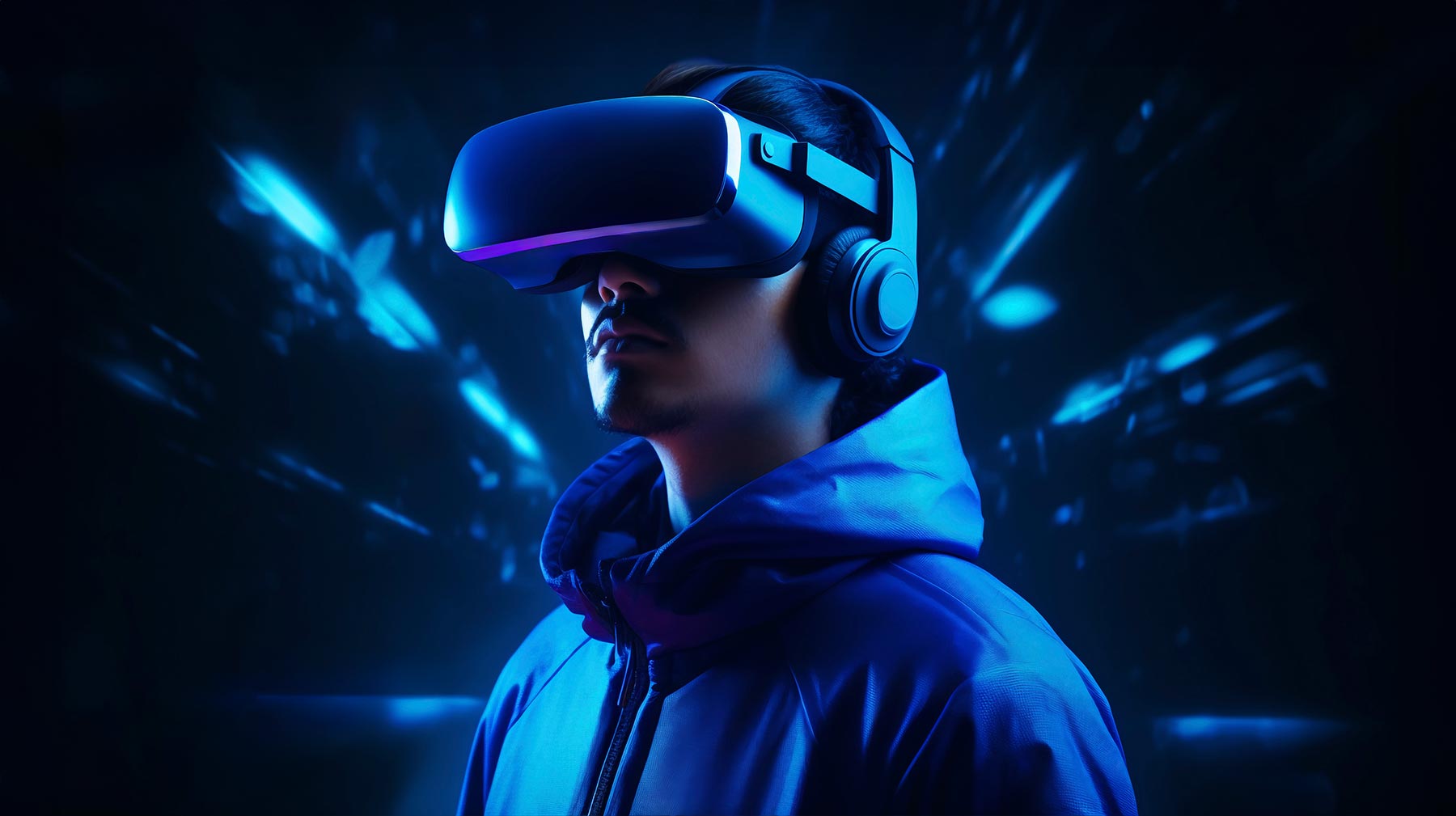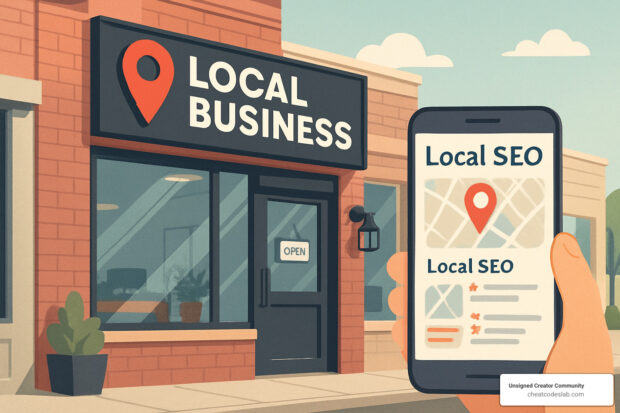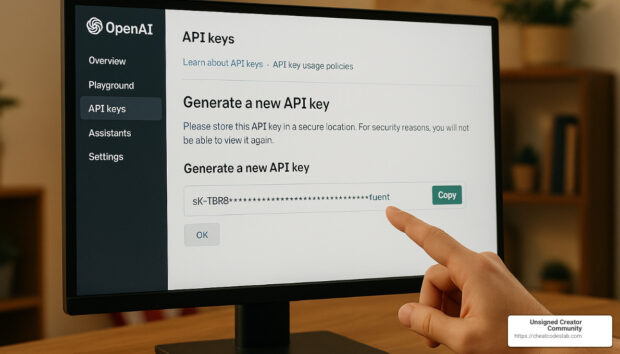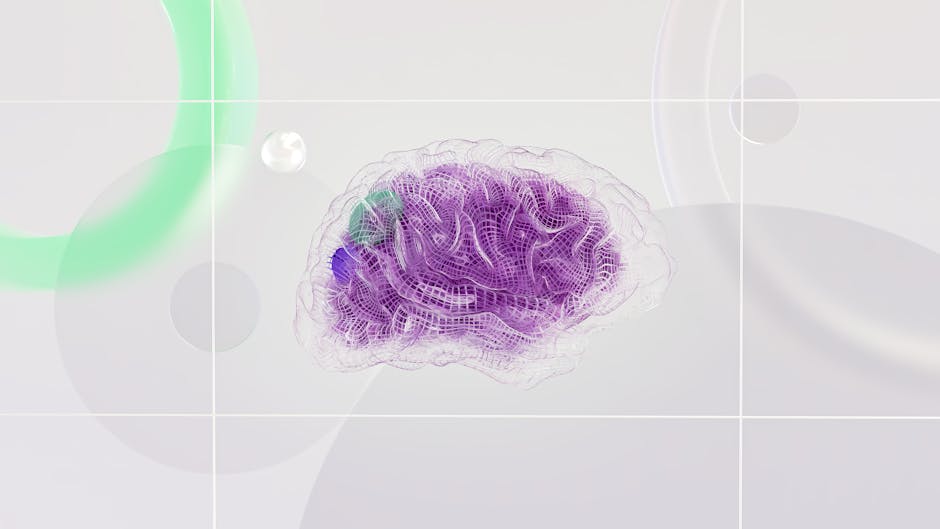
AI tools for beginners are essential for anyone stepping into the rapidly evolving world of artificial intelligence. Here are the key components you need to kickstart your journey:
- Programming with Python: The go-to language for AI, owing to its simplicity and robust library ecosystem.
- Learn with Jupyter Notebook and Google Colab: Interactive environments that allow you to write and execute code, visualize data, and access powerful computing resources online.
- Dive into Machine Learning Frameworks: Familiarize yourself with Scikit-learn, TensorFlow, and Keras for building complex AI models and deep learning projects.
- Explore Data Visualization: Tools like Matplotlib and Seaborn are vital for understanding data patterns and insights.
By focusing on these areas, you’ll build a strong foundation in AI.
My name is digitaljeff, and I have spent over a decade navigating the tech world, generating over a billion views with innovative AI content. Now, I’m here to guide you through the essential AI tools for beginners, blending my experience in tech and content strategy. Let’s dive deeper into this transformative field and open up its potential together.

Terms related to AI tools for beginners:
– AI marketing tools 2023
– artificial intelligence coding
– artificial intelligence free
Essential AI Tools for Beginners
Programming Languages
Python is the cornerstone for anyone venturing into artificial intelligence. Its simple syntax and extensive libraries make it the most popular choice for AI and machine learning. Libraries like NumPy and Pandas are indispensable for data manipulation and analysis. NumPy handles large, multi-dimensional arrays and matrices, while Pandas offers data structures and tools for data analysis.
For those interested in statistical computing, R is another powerful language. It’s particularly favored in academia for its robust packages geared towards data exploration and visualization.
Online courses on platforms like Coursera can provide a solid foundation in these languages. Courses such as “Programming for Everybody (Getting Started with Python)” and “R Programming” by Johns Hopkins University are excellent starting points.
Integrated Development Environments (IDEs)
Jupyter Notebook and Google Colab are essential tools for beginners. Jupyter Notebook is an open-source web application that supports over 40 programming languages, including Python and R. It allows you to create and share documents that contain live code, equations, visualizations, and narrative text.
Google Colab is a free cloud service that extends Jupyter Notebook functionalities. It offers access to powerful computing resources, including GPUs, crucial for training AI models. This makes it especially useful for beginners who may not have access to high-end hardware.
Data Visualization Tools
Understanding data is critical in AI, and visualization plays a key role. Matplotlib and Seaborn are Python libraries that help create static, animated, and interactive visualizations. Matplotlib is highly customizable, perfect for publication-quality plots, while Seaborn, built on top of Matplotlib, provides an easy-to-use high-level interface for drawing attractive statistical graphics.
Machine Learning Frameworks
For building AI models, Scikit-learn is a must. It offers simple and efficient tools for data mining and data analysis, supporting various machine learning algorithms. When you’re ready to dive into more complex projects, TensorFlow and Keras are the go-to frameworks for deep learning and neural networks. These tools help you design, build, and train models with ease, opening up possibilities for advanced AI applications.
By exploring these AI tools for beginners, you’ll be well-equipped to start on your AI journey. Next, we’ll look at some top free AI tools that can further improve your learning experience.
Top Free AI Tools for Beginners
Writing Tools
When it comes to content creation, Notion.ai is a versatile tool that can help beginners streamline their writing process. This AI-powered assistant offers features like grammar checks and style suggestions, making it easier to produce clear and polished content. Notion.ai is part of a broader platform that integrates task management, allowing users to organize their projects efficiently.
Video and Image Tools
Creating engaging visuals is crucial in today’s digital landscape. Lumen5 is a popular tool that transforms text into captivating videos. It’s user-friendly, making it ideal for beginners interested in video creation without prior editing experience. Simply input your text, and Lumen5 will generate a video with suitable images, music, and transitions.
For image generation, tools like DALL-E 2, Midjourney, and Stable Diffusion stand out. These AI models can create stunning images from text prompts. DALL-E 2 and Midjourney are known for their artistic flair, while Stable Diffusion offers open-source flexibility for those who want to experiment with customization. These tools democratize art creation, allowing anyone to generate high-quality visuals with minimal effort.
Audio Tools
If you’re stepping into audio editing and transcription, Lalal.ai, Murf AI, and Otter.ai are excellent starting points. Lalal.ai specializes in audio separation, allowing users to isolate vocals or instruments from tracks. This can be particularly useful for remixing or creating karaoke versions of songs.
Murf AI is designed for creating synthetic voiceovers. It offers a variety of voices and languages, making it easy to add narration to videos or presentations. Meanwhile, Otter.ai excels in transcription services, automatically converting spoken words into text. This tool is invaluable for meeting notes, interviews, or any scenario where capturing spoken content is essential.
Task Management Tools
Managing projects efficiently is key to any successful endeavor. Trello and Asana are two task management tools that incorporate AI to improve productivity. Trello uses a board and card system to visually organize tasks, making it easy to track progress and collaborate with team members.
Asana offers more advanced features, including automation of routine tasks, which helps reduce manual work. Both platforms offer integrations with other tools, allowing for a seamless workflow across different applications.
By leveraging these AI tools for beginners, you can improve your productivity and creativity across various domains. Whether you’re writing, creating visuals, editing audio, or managing tasks, these tools provide a solid foundation to start your AI journey.
Conclusion
Starting on your AI journey can seem daunting at first, but with the right AI tools for beginners, it’s a path filled with exciting possibilities. At the core of this journey is continuous learning and practice, both of which are essential to mastering any new skill. As we’ve explored, tools like Notion.ai, Lumen5, DALL-E 2, and Trello offer a range of functionalities that simplify complex tasks, making them accessible even to those just starting out.
The Unsigned Creator Community is here to support you every step of the way. We provide resources and insights to help you steer the changing landscape of AI. Our focus is on equipping you with the tools and knowledge you need to excel in content creation, SEO, and beyond. By joining our community, you’ll gain access to a network of like-minded individuals who are eager to share experiences, insights, and support.

The key to success in AI is to stay curious and engaged. Join online communities, participate in discussions, and collaborate with others. This not only improves your learning experience but also keeps you updated with the latest trends and technologies in AI.
As you continue on this journey, accept the challenges and celebrate the small victories. Each step forward is a testament to your growth and dedication. And whenever you need guidance or inspiration, the Unsigned Creator Community is just a click away.
Ready to dive deeper into AI? Explore our AI tutorials and resources to further improve your skills and knowledge. Together, let’s open up the full potential of AI and transform the way we create and innovate.


